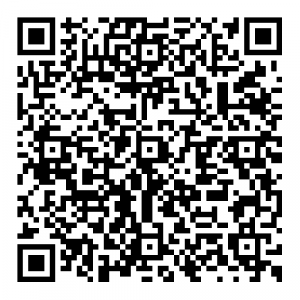Quantum Science and Engineering Degree Programme
Quantum technologies represent one of the most advanced and promising frontiers in contemporary science and engineering. Rooted in fundamental principles of quantum mechanics, such as superposition and entanglement, these technologies hold transformative potential across a wide range of sectors. Over the past few decades, significant strides in the control and understanding of quantum systems have led to the rise of quantum computing, quantum communication, and quantum sensing, core pillars of the 2017 Quantum Flagship, a major initiative aimed at transitioning these technologies from research labs to industry.
The University of Padua is playing a leading role in this rapidly evolving field. The Department of Information Engineering (DEI) boasts international expertise in quantum communications, while the Department of Physics and Astronomy (DFA) is a key player in quantum computing and quantum simulation. These departments collaborate closely through the Padua Quantum Technologies Research Center (QTech), an interdepartmental initiative established in 2020 to foster innovation and interdisciplinary research in quantum science and technology.
Building on their complementary strengths and in response to both accelerating scientific progress and the increasing demand for skilled professionals, DEI and DFA propose the creation of a Master’s Degree in Quantum Science and Engineering (LM-44). This comprehensive academic program is designed to equip students with the knowledge and skills needed to thrive in the emerging quantum technology sector.
Training objectives
- Design and develop quantum communication systems, contributing to the creation of ultra-secure and high-efficiency communication networks.
- Apply quantum computing principles to solve complex problems in various fields, from optimization to simulation of molecular systems.
- Collaborate in multidisciplinary teams, acting as a bridge between experts from different disciplines thanks to their transversal training.
- Integrate quantum technologies into existing engineering systems, improving their performance and opening up new application possibilities.
- Develop next-generation quantum sensors, with applications ranging from precision medicine to space exploration.
Professional figures trained by the degree programme
- Quantum Engineer – Designs and develops quantum systems and devices.
- Quantum Communication Specialist – Works on secure quantum communication systems and protocols.
- Quantum Software Developer – Programs quantum algorithms and interfaces for quantum computers.
- Quantum Cryptography Expert – Specializes in quantum-safe encryption and quantum key distribution.
- Quantum Research Scientist – Conducts fundamental or applied research in quantum technologies.
- Quantum Systems Analyst – Analyzes and optimizes quantum systems or integration with classical systems.
Training plan
List of Mandatory Course:
- Quantum Information&Computing or Microelectronics
- Numerical method for quantum technologies
- Quantum Optics and Lasers
- Semiconductor Nanostructures
Optional courses:
- Quantum Cryptography and Security
- Quantum Communication Lab
- Introduction to Tensor Network Methods
- Quantum Information With Atoms And Photons
- Quantum Methods For Ict
- Quantum Open System And Control
- Quantum Algorithm
- Advanced Quantum Physics
- Introduction To Superconducting Qubits
- Ion Traps laboratory
- Quantum Simulations
- Programmable Hardware Devices- Nanoelectronics
- Nanofabrication
- Selected Topic In Quantum Science
- Theory Of Strongly Correlated Systems
- Digital Electronics
- Fundamentals Of Nanoscience
- Advances photonics
- Fiber optics
- Optoelectronics And Photovoltaic Devices
- Nanophotonics and metasurfaces
Give us a feedback
If you are an industry stakeholder and would like to provide feedback on the degree program, please use the form below:

For a detailed overview of the Master’s Degree program, including the full list of courses offered, please click the following link:
